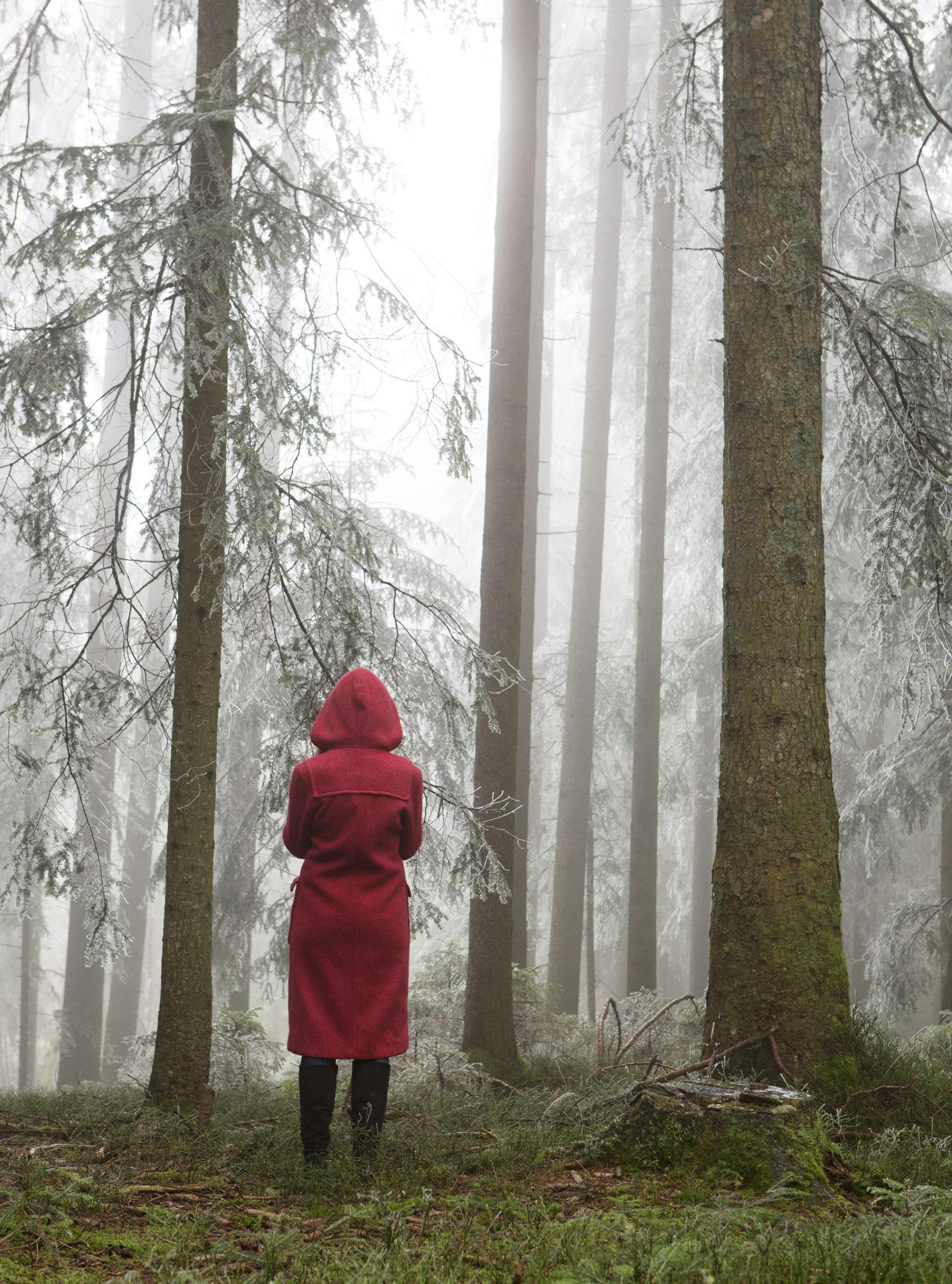This Is Why You Feel Lonely (And Why It's Not A Bad Thing)

Loneliness alters gene expression, raises blood pressure, suppresses the immune system and disrupts sleep. It could even kill you - research indicates that feeling lonely may be as harmful as obesity or smoking, increasing your risk of death by 26%. The reason it affects us so deeply could be rooted in our evolutionary history, say scientists, who compare loneliness with hunger and thirst, describing it as 'a survival impulse'. Just as hunger pangs drive us to seek food, the pain of loneliness motivates us to seek companionship. Why? Because co-operation and social alliance have proven essential to our survival as a species. And we're not the only ones - social isolation has been linked with premature death in species ranging from pigs to fruit flies.
This doesn't mean you should start panicking over your Facebook friend count, though - loneliness and aloneness have little to do with each other. Whilst one meaningful relationship may be enough for some, others may be surrounded by family and friends, yet still feel isolated. Ever wondered why some people thrive when single, whilst others flounder? Genetic variation partially explains individual differences in the propensity to experience loneliness, with extroverts tending to require more social connections than introverts. "Some people do not feel strong pain by disconnection," says researcher John Cacioppo. "That makes great sense, because those are the explorers. We need them."
But what should you do if you do feel lonely? Take heed. It's a signal that something needs to change. Take the first step to combating loneliness by reaching out to family, getting in touch with an old friend, signing up for a new class or booking yourself onto a group holiday. Today.
At the same time, though, you can work on maximising the benefits of spending time in your own company. According to science, a little solitude can improve our focus, creativity, wellbeing and, ultimately, relationships. People tend to form more accurate and longer-lasting memories when they believe that they are experiencing something alone - an effect researchers attribute to a shift in focus from a preoccupation with what others may be thinking to a more targeted, reflective focus on our own thoughts. Spending time alone (even if the experience is considered unpleasant) has also been found to increase empathy with people outside our immediate social circles and, in the long term, enhance mood. In teenagers, targeted periods of solitude even improved school grades.
Try to take at least 10 minutes a day to 'check in' with yourself - turn off your phone, computer and TV and meditate or write in a journal. Experts also advise scheduling a longer monthly 'date' with yourself - you could go to the cinema, take a day trip or simply run an indulgent bubble bath. Connecting with others may be important, but it's just as important to connect with ourselves.
Sign up to our free daily email for the latest royal and entertainment news, interesting opinion, expert advice on styling and beauty trends, and no-nonsense guides to the health and wellness questions you want answered.